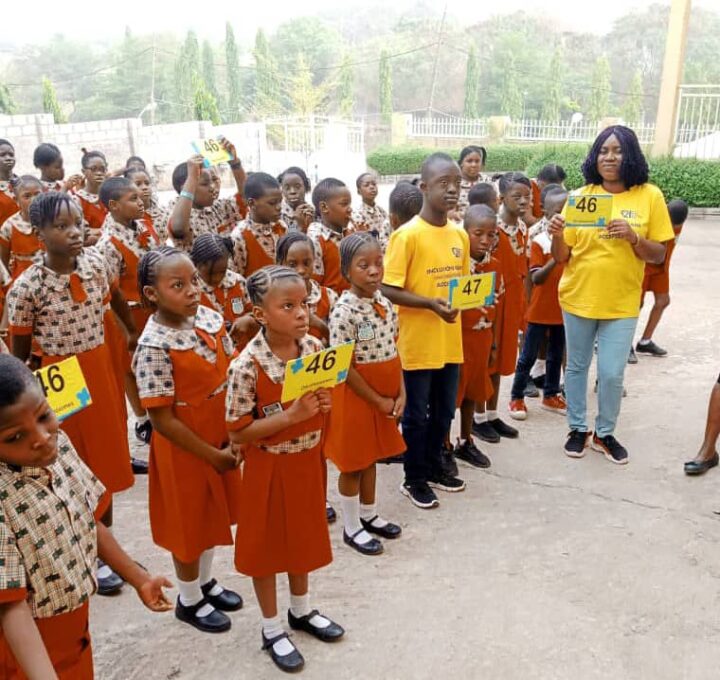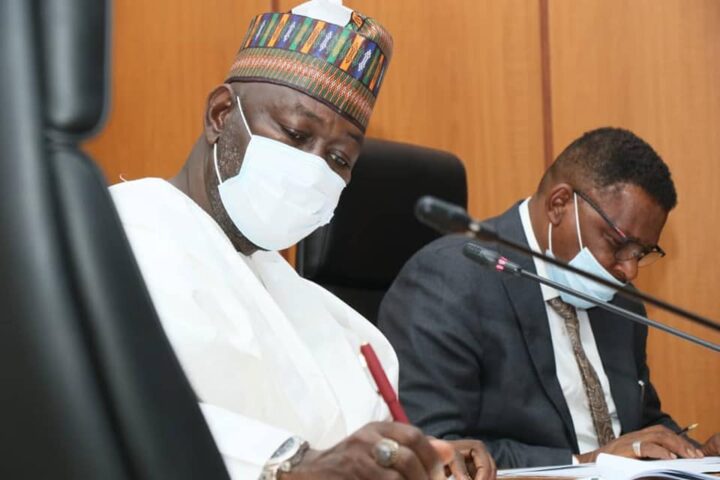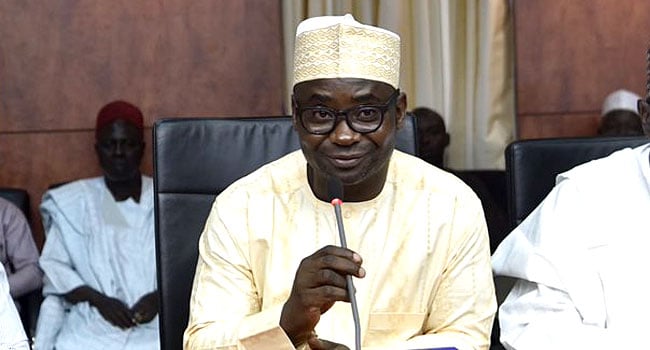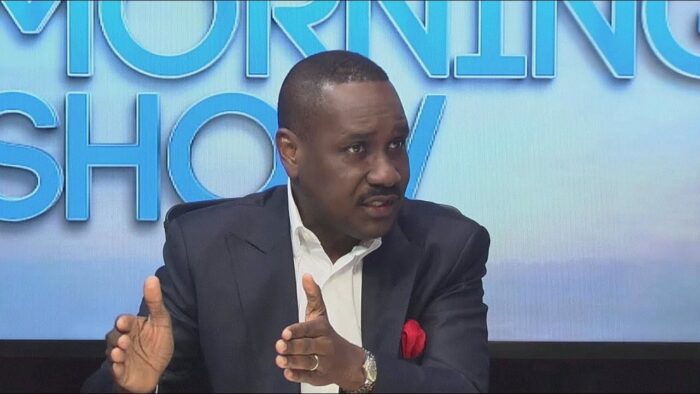Ugo Edward-Dibiana Down’s Syndrome Foundation, a non-governmental organisation, says Down’s syndrome is not a disease and children who have it should be made to feel secure around their peers.
Duma Edward-Dibiana, co-founder of the Foundation, said this on Friday when she led a team to visit primary schools in Abuja to educate them on down syndrome ahead of the international day on March 21.
Down’s syndrome is a condition in which a person has an extra chromosome which is usually an anomaly.
This year, the United Nations is set to commemorate the Down’s Syndrome Day with the theme — ‘What does inclusion mean?’
Advertisement
Edward-Dibiana said true inclusion is the unconditional acceptance of all people, especially special people, such as those living with Down’s syndrome and other learning disabilities.
“Children are the biggest drivers of inclusion. They have pure hearts and do not discriminate unless where they are negatively influenced by adults,” she said.
“Every human being is born with 46 chromosomes. 23 from the father and 23 from the mother and they come in pairs. But people living with Down’s syndrome have three copies of the 21st chromosome, instead of the usual two copies.
Advertisement
“So instead of the normal 46, they have 47, which is an anomaly. And that anomality manifests in diverse forms that impact on them in ways that affect their development abilities, both physically and mentally.”
She said it is important for people to embrace inclusion for special needs children in society, especially in educational environments.
She said people with such an anomaly should be encouraged and accepted to learn alongside their peers and given every opportunity to form meaningful friendships devoid of negative interference.
“Inclusive education drives the much needed enlightenment at home because it allows people with down syndrome and other special needs to mingle and socialize with other children and importantly showcase their strengths and weaknesses,” she said.
Advertisement
“Their peers see them for who they really are and make efforts to unconditionally accept or reject them as they would do to other children without these challenges.”
She added that government at all levels and stakeholders should adobt a pattern of education that discourages discrimination but improves practices meant for the ‘normal’ child to accommodate the child with Down’s syndrome.
Add a comment






